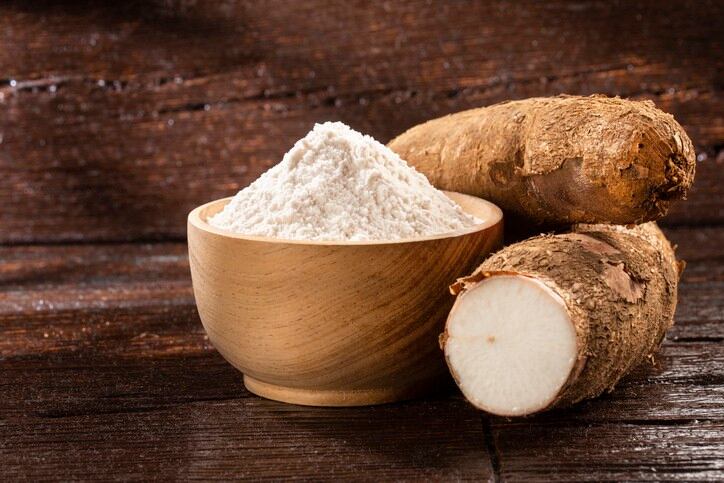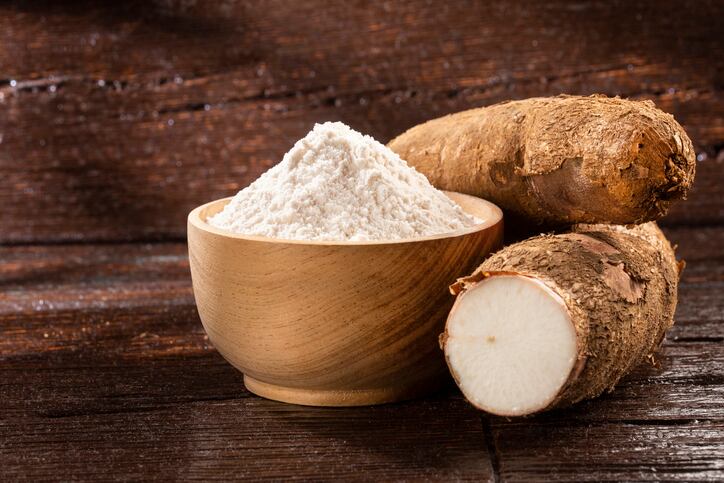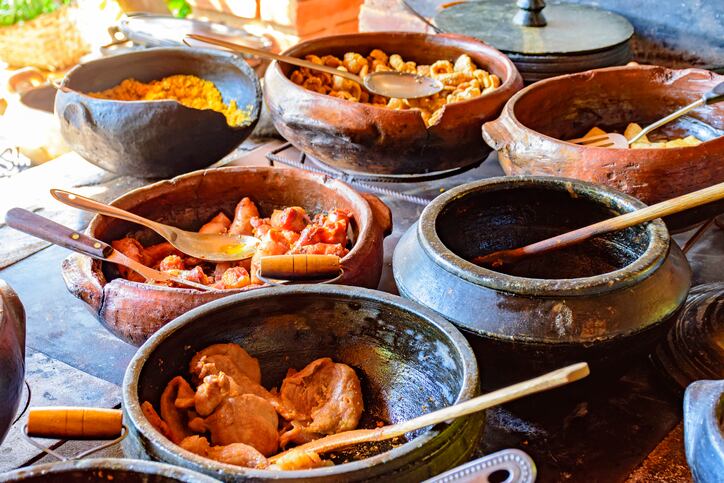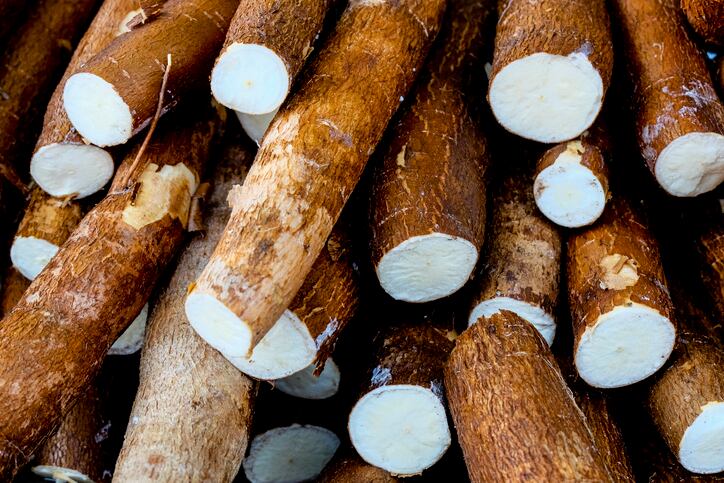Headquartered in Chapeco in Brazil’s Santa Catarina state, Fibervita takes cassava bagasse -- a byproduct of cassava starch manufacturing -- and, using a patented process transforms it into a versatile ingredient that can replace several additives in one go.
The ingredient, which is available in powder form with four grades of particle size distribution – 500 µm, 125 µm, 106 µm and 75 µm – can be used in a wide range of categories such as baked goods, processed meat, plant-based meat alternatives, dairy, and craft beer.
The fibrous cassava compounds' water absorption properties, particle size distribution, and fiber content means the ingredient can be used as an emulsifier, texturizer and stabilizer, reducing the sugar, fat and calorie content. It can also extend the shelf-life of certain products, according to the company.
João Francisco de Lima, director and head of R&D at the company, told FoodNavigator-LATAM: “Our core technology is based on upcycling byproducts from the cassava starch industry. Our proprietary processing techniques add value to what used to be an environmental liability and, on top of that, offer clean label, gluten-free, GMO-free, allergen-free and fibrous ingredients.
"Bagasse [...] has to be either treated, which requires energy consumption and chemicals, or it is simply transported to offer as animal feed for dairy cattle. Anyway, the carbon footprint for these two activities is much more intense and they are not carbon neutral. By upcycling this cassava bagasse, [we] support and improve sustainability through the whole cassava industrialization chain," de Lima added.
Fibervita's production process involves various physical steps such as separation by filtration, classification through sieving, drying in a rotatory dryer, and micronization.
Companies already using Fibervita’s ingredients include Zeelandia Europe for cereals and baking, Skimoni for ice cream, Probier for craft beer and Sojamania for its plant-based meat alternative.
It sources the cassava byproducts from several strategic partners in the states of Paraná and Mato Grosso do Sul where Brazil’s main cassava starch manufacturing plants are located.
Founded in 2012, the company is currently at the scale-up stage. To date, Fibervita has received around US$4.75m in investment, most of which ($3m) came from the bank BRDE -- the bank’s biggest investment in a Brazilian startup so far, according to Lima -- and the rest coming from local shareholders.
Fibervita currently has a manufacturing capacity of 250 tons per month, which it adapts according to customer demand.
Although still at the scale-up stage, the company has already set its sights on expanding globally. De Lima said it intends to establish new production facilities in Asia and Africa -- where cassava is widely consumed -- in order to keep up with demand for healthier food ingredients.




